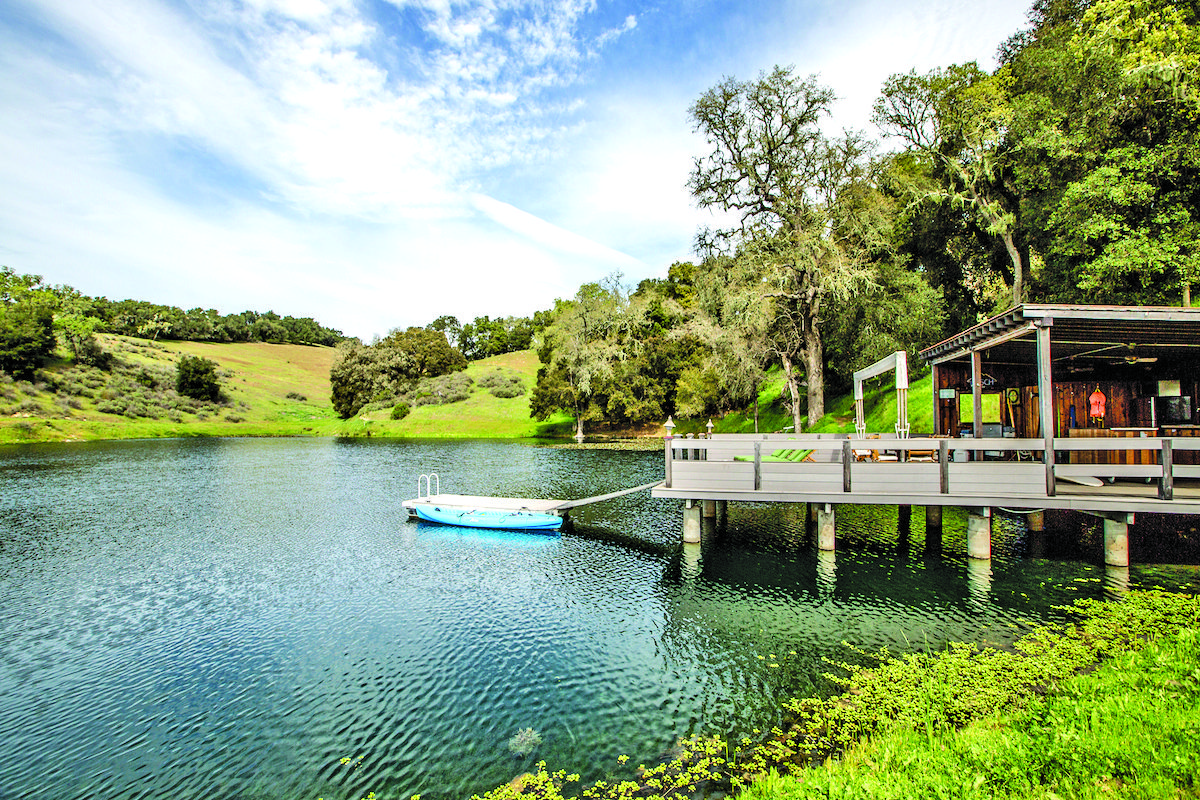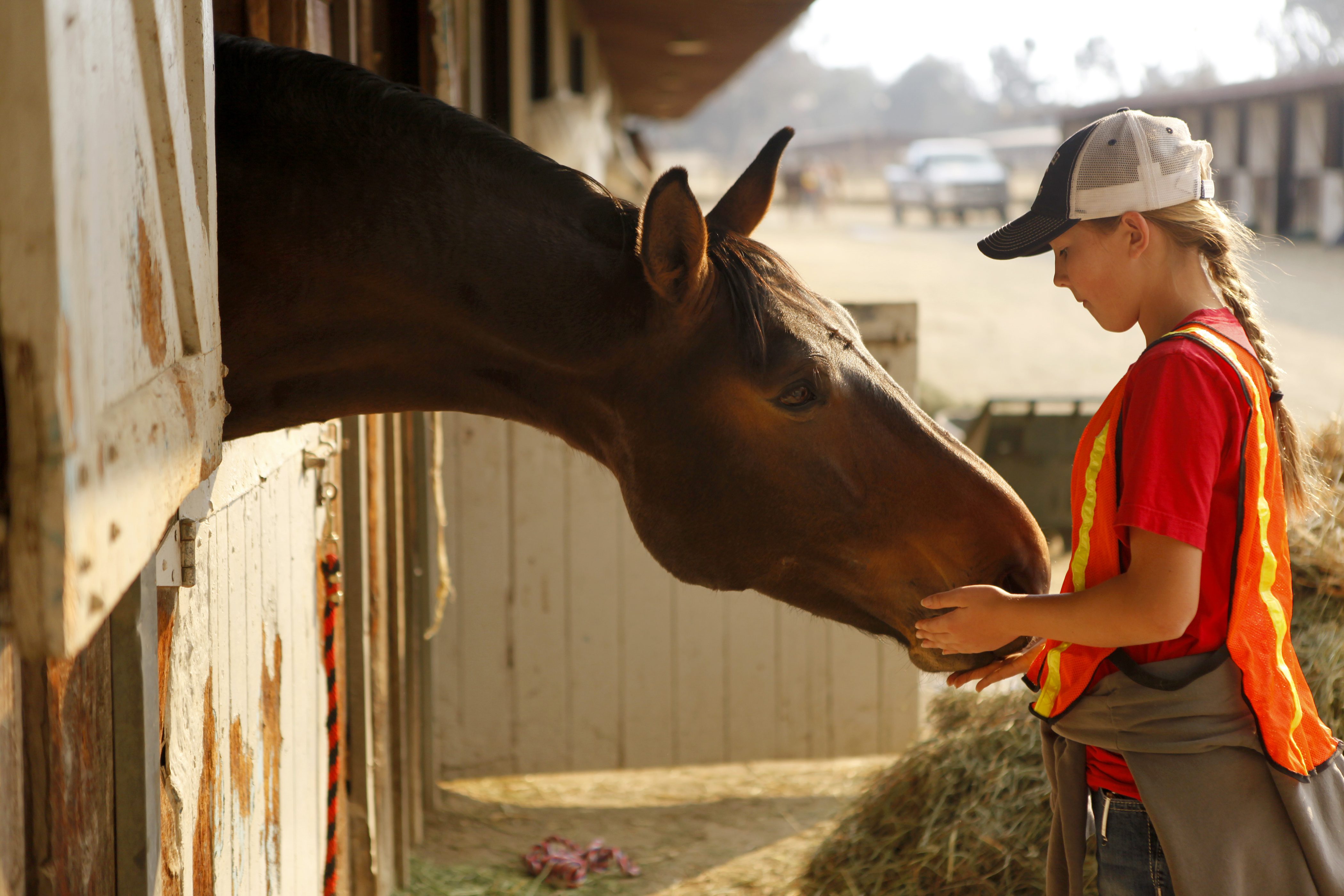By SYV Star Staff
After hearing hours of comments about short-term rentals in Santa Barbara County, the Board of Supervisors appears to be leaning toward banning them in most zones but allowing “home stays” or “farm stays,” where the owner or a property manager is on site.
“I want to protect the people that live here, and by allowing short-term rentals we are essentially rezoning the entire county that this is allowable, and we need a good balance of both. That’s why I am in favor of home stays or farm stays, where the owner is on premises,” said 3rd District Supervisor Joan Hartmann.
According to county staff members, if the supervisors followed the Planning Commission’s advice to severely restrict short-term rentals (STRs), the county would lose about $1.5 million annually in transient occupancy tax (TOT) revenue, because 92 percent of STRs are in areas where the commission would prohibit them.
The supervisors favored having short-term rentals in commercial and mixed-use zones, as well as Agriculture II zones with regulations.
There are 535 short-term rentals registered in the county, and last year they provided more than $1.6 million to the county’s budget. The Santa Ynez Valley provided 24 percent of that revenue, second only to Montecito’s 26 percent.
There is no definitive information about the number of complaints received on STRs, Hartmann said, because enforcement has been difficult without a standard set of regulations.
“I am really disappointed they are thinking of banning short-term rentals from Agriculture I zones because those are the best places they can be, with lots of space and further away from residential areas. I have never had a complaint with any of my renters,” said Leanne Schlinger, owner of Santa Ynez Vacation Rentals, whose clients’ rental units are mostly in agricultural areas away from cities and townships.
People who purchase second homes in the county and then use them as short-term rentals, Hartmann said, are taking away housing for people who are looking for a long-term home to rent and will live in the area year round.
“We have seen in Los Olivos our school population decline because a lot of the homes in that town are second homes, short-term rentals, and it takes away valuable housing,” Hartmann said.
Schlinger said she has tried to meet with the county staff multiple times and believes the supervisors would benefit from working with operators to come up with county-wide regulations that she already self-imposes.
Her business heavily regulates itself with an occupancy limit, vehicle limit, and a strict noise policy, she added.
Her clients more often than not become repeat customers and spend quite a bit of money while they are vacationing, she added.
“Our county is a tourist destination. Specifically, the valley is where people come to enjoy wine and food and want to get away from it all. Agricultural properties aren’t undermined with short-term vacation rentals, they are enhanced, because the visitors appreciate what the property owners want to keep, and end up contributing to the community with sales tax, gas tax, transient-occupancy tax, which the county relies on. It just seems silly they would not want the revenue,” Schlinger said.
Hartmann said staff will be coming back before the board this fall with development and enforcement standards.
To see the county staff’s full presentation to the supervisors, log onto www.scribd.com/document/350559097/Santa-Barbara-County-Short-Term-Rentals-Ordinance-Presentation#from_embed.





